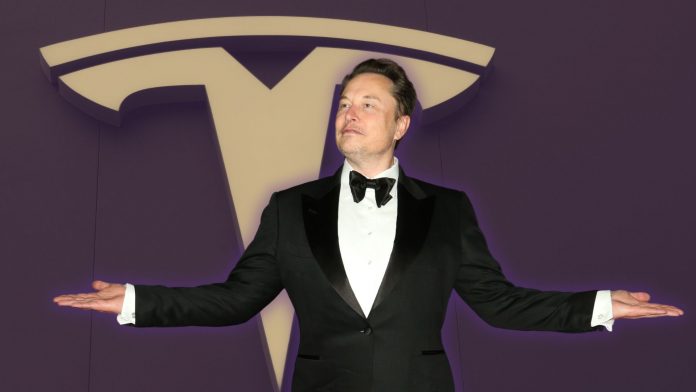On Monday, Tesla’s shares surged by a staggering 7.4% following a Bloomberg report that announced that President-elect Donald Trump’s team plans to create a federal framework to regulate self-driving vehicles.
The proposed framework is expected to become a top priority for the U.S. Transport Department. This shift in policy focus will significantly benefit Tesla, which has long promoted its goal of releasing an autonomous fleet of vehicles capable of operating without human intervention.
Elon Musk, Tesla’s CEO, has promised that the brand’s “truly unsupervised” Full Self-Driving (FSD) technology will debut next year in California and Texas via the Model 3 and Model Y, a significant leap in the company’s technological capabilities. The automaker also recently unveiled its Cybercab, a $30,000 concept vehicle with no steering wheels or pedals. However, at the moment, the brand’s FSD operates in a supervised mode that requires human oversight.
Although Tesla aims to release fully autonomous vehicles, it faces significant competition from other tech companies like Waymo, which has already deployed self-driving cars on public roads. Musk’s push for a cohesive federal policy could help Tesla gain an edge over competitors.
However, under current legislation, Tesla’s ambitions to release these self-driving vehicles have hit a major roadblock. The lack of a structured federal framework leaves the automaker at the mercy of varying state regulations, hindering its progress and potential.
If the Trump team’s plans come to fruition, Tesla will have an easier time fully deploying autonomous vehicles nationwide, opening up new possibilities and opportunities for the company. Beyond benefiting Tesla, a federal framework could also provide clarity and consistency for the entire self-driving industry, accelerating innovation and adoption across the market.




